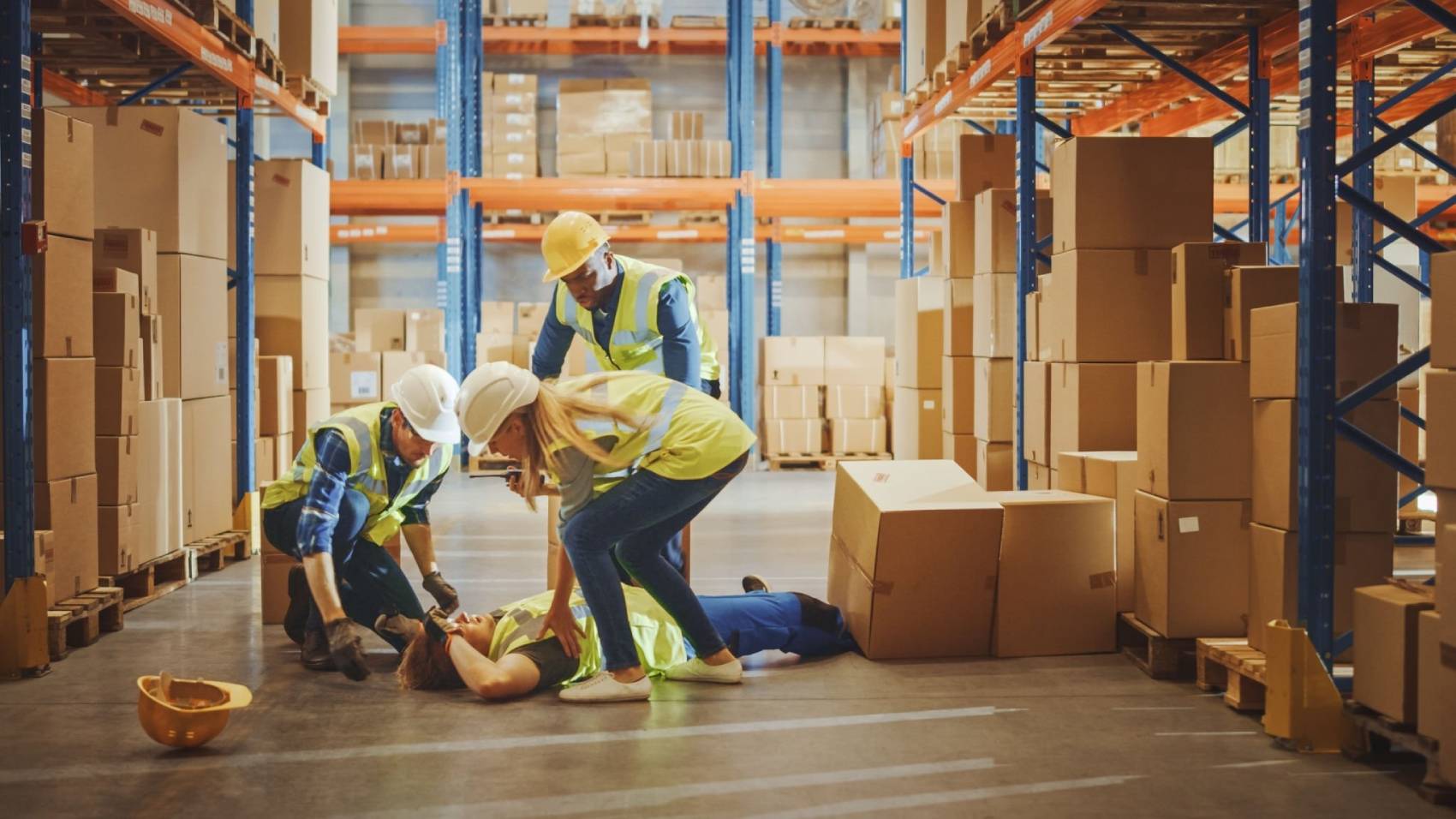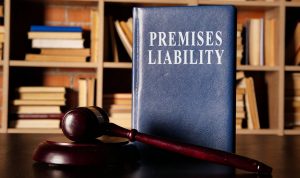
In most cases, slip and fall accidents have the least severe effects. They are mostly settled by the parties themselves. The simplicity of this process has therefore made it the norm to leave attorneys out of such cases. In all fairness, some cases do not involve attorneys. They are mostly clear and straightforward, with each claim and liability set out clearly from the onset.
However, some cases require the expert opinion of an attorney. Some slip and fall cases may be so complicated that one cannot easily determine liability. Also, insurance companies do not accept liability with open arms. They do their best to ensure that they are absolved of all liabilities. At worst, they are only willing to pay meager amounts for settlement. The services of attorneys are therefore needed to establish liability and secure fair compensation for injured parties.
Typically, the first task of the attorney is to help the defendant understand how serious the case is. When the defendant or insurance company realizes the implications of their liability under the law, they are more willing to compensate the injured party adequately.
Establishing Fault for Your Slip and Fall
While the first move can get the attention of the defendant or insurance company, only a strong case and concrete proof can keep them concerned. The attorney has the responsibility to gather facts and evidence. The aim is to prove that the claimant has suffered an injury. More importantly, he must prove that the injury was caused by the defendant. To get the desired compensation, he must also prove that the injury is serious enough. The losses accruing to the claimant must be presented to support the compensation claim.
Slip and fall incidents happen so suddenly. Sometimes, you can hardly explain how you went from coming down the stairs to being wheeled out on a stretcher. Therefore, establishing a fault is impossible without investigating how the injury occurred.
If you did fall, was it caused by slipping, tripping, or losing balance?
Was it a result of your distraction or previous health issues?
Was the floor slippery or the rails faulty?
Did you carry anything heavy? How heavy was it?
These are questions the lawyer must ask during the investigation. He must also be able to match the facts of the case to the applicable laws. He must understand how each jurisdiction defines liability and the extent of each. Sometimes, a slight difference between two laws can tilt a watertight case in favor of the other party.
In conclusion, slip and fall cases can take different dimensions depending on the facts of the case and the willingness of the parties involved to come to a fair settlement.





